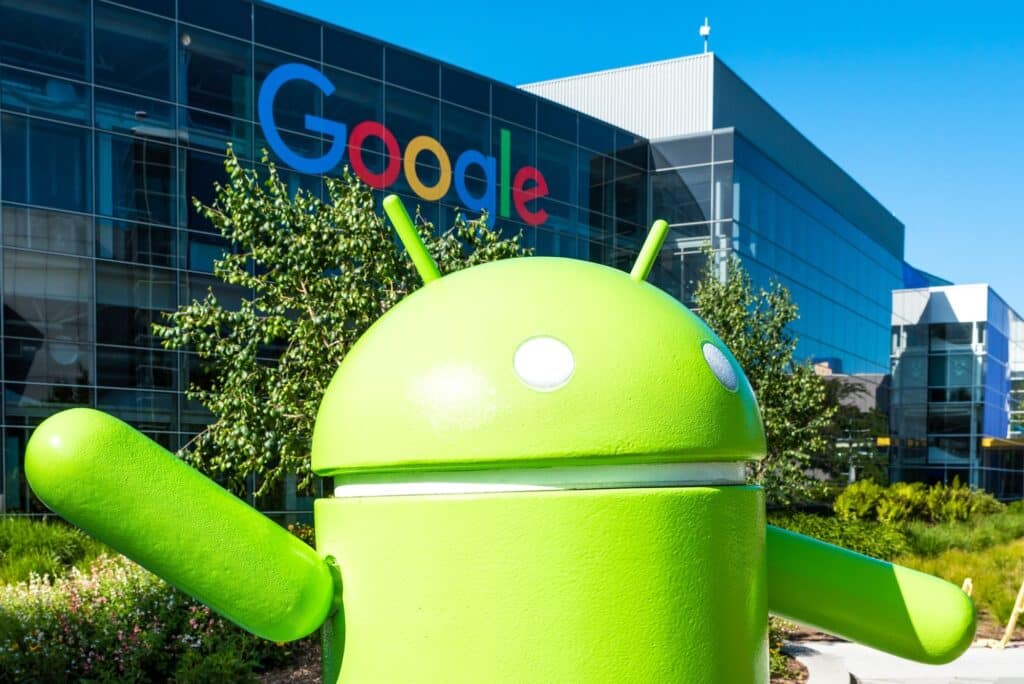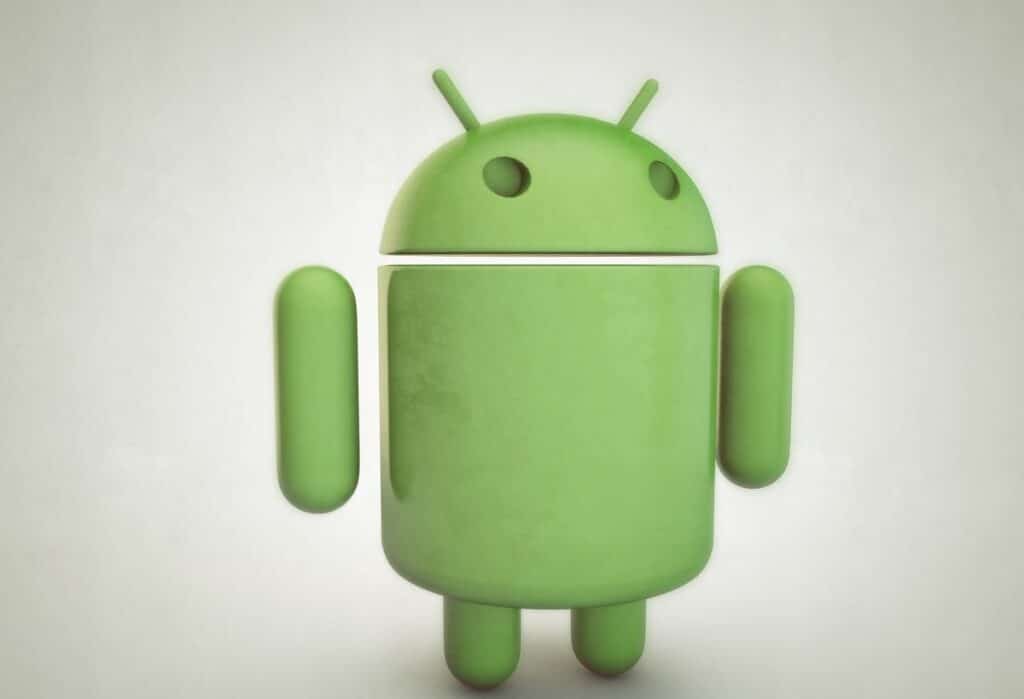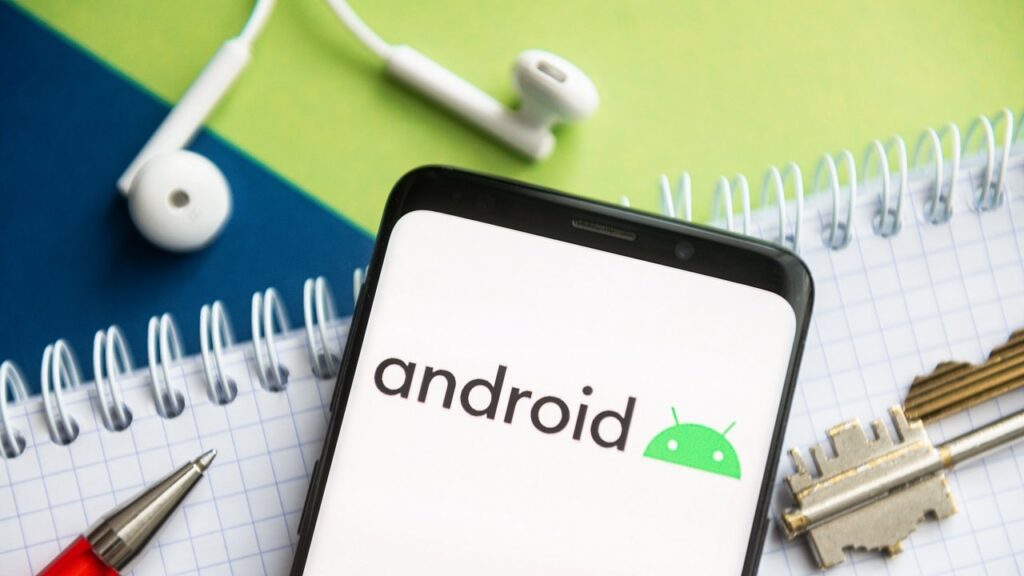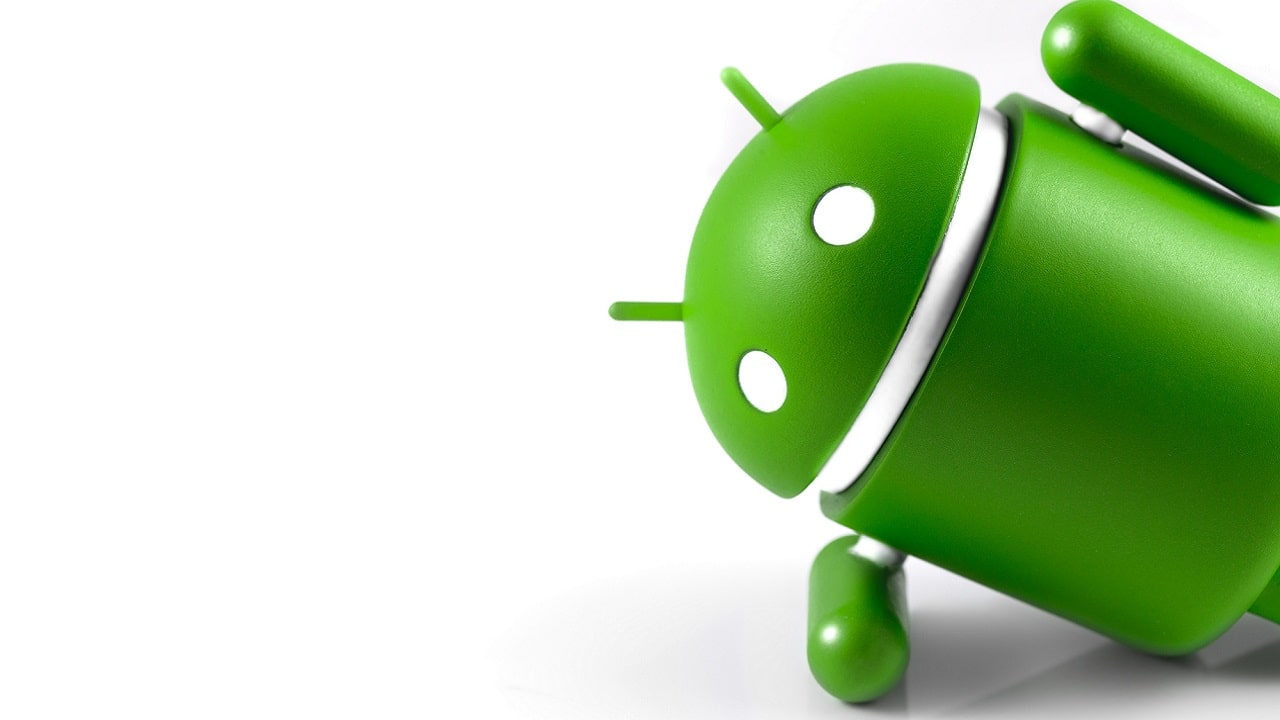Google just released the prima Developer Preview on Android 14, which shows the very first features of the new smartphone operating system. Currently, only those with i Pixel of Google can test this very first version – everyone else will have to wait for the betas that arrive in a couple of months. At the moment, therefore, there is nothing definitive. However, it is a possibility for discover the first details of this operating system which will debut in 2023: here’s everything we know about Android 14.
Android 14: upcoming features and everything you need to know
The first interesting detail to know about Android 14 it’s not about the upcoming features but the name of the new operating system. Before Android 10, Google gave sweet names to its OS versions. For example Android 6.0 was MarshmallowAndroid 8 invece Oreo and Android 9 more simply Pie. The initial letter followed the alphabetical order, to give an idea of the progress of the system. Today, however, Google limits itself to maintaining the version number: this is only Android 14. However, Google internally calls Android 14 Upside Down Cake.
As for the release date, there are no details yet. Google usually announces the new operating system at Google I/O in June, and then leave several weeks for developers to test the new features once they are more stable. Android 13 arrived last August, while Android 12 in October. So narrowing down the date is more difficult: between late summer and early autumn we should see it on Pixel devices and shortly thereafter on all other compatible Android smartphones.
Greater accessibility
As for the features, once again Google is working on theaccessibility. Previously, Android 13 introduced a new reading mode for visually impaired users, native braille display support, and audio descriptions. Version 12 offered improved screen magnification and the ability to control the screen with facial gestures.

Android 14 improves the zoom functionality reaching fonts up to 200%with a “non-linear” magnification: it will not enlarge all the text, if something is already large it will be scaled differently.
Also, the Grammatical Inflection API allows you to make the language more inclusive: for example, there is the best support for genres in French e Tedesco. Also, app developers can have more granular control of language controls.
Android 14, battery features
Android 14 introduces a number of features in an effort to improve battery life. No macro functionality like in the pastbut rather changes under the hood to optimize energy consumption.
Google change two Android APIs (foreground services and job scheduler) to improve efficiency for tasks such as background tasks and downloading large files. In addition, Android 14 also improves the platform’s internal transmission system for better efficiency.
The new operating system also introduces a permission “schedule exact wake up“, all newly installed apps must request this permission from users. This can affect battery life and other resources.

Also returns the function “usage time since last full charge“”. The option is back, an option in the battery settings menu that shows battery usage over the last 24 hours.
Privacy and security
The new update now blocks older Android apps from being installed. Google explains that this will mostly apply for apps built for Android 5.1 Lollipop APIs and earlier. An important change, which aims to increase safety. In fact, malware often attacks older software that does not take advantage of the most modern security and privacy protections.
Many abandoned apps and old out-of-date games won’t be able to install on Android 14 phones Older apps will remain on the device if they were already installed before upgrading to Android 14.
Google also fights against malware and exploits by making changes to dynamic loading of code. These are Android 14 features that you won’t see on the OS, but that i programmers will exploit it to make apps more secure.
Other features of Android 14
An interesting novelty concerns the possibility of having apps that work between different devices and systems. Google then offers a preview of its cross-device SDK so that developers can launch apps that work on different devices. Something interesting also in view of the integration with Android 12L.

In addition, Google will introduce native support for satellite connectivity on Android 14, a really interesting feature especially for emergency communications. At the moment, however, it is not clear how it will be implemented – but it seems that it will arrive on the Pixels launched in 2023.
News also for the gestures: Google has explained that it will introduce the preview on the “Back” gesture, to show where you will return before doing it.
L’app Health Connect instead it is a hub for collecting health data from various health and fitness apps. Supports health/fitness data from Samsung, Fitbit e Peloton. It’s currently still a downloadable app, but Google may be integrating it into Android 14.
It also appears that Google could introduce the ability to clone apps to log in with two different accounts. Finally, Google wants to block the phenomenon of “bloatware“: Unwanted applications installed without your knowledge. There The “Apps installed in the background” feature arrives in Android 14. This feature will show all the apps that have been secretly downloaded and allow you to quickly uninstall them.
These are the main news for developers that will arrive on Android 14 – remember, however, that these are still features in tests or rumors. So a lot could change before launch: we will keep you updated.















Leave a Reply
View Comments